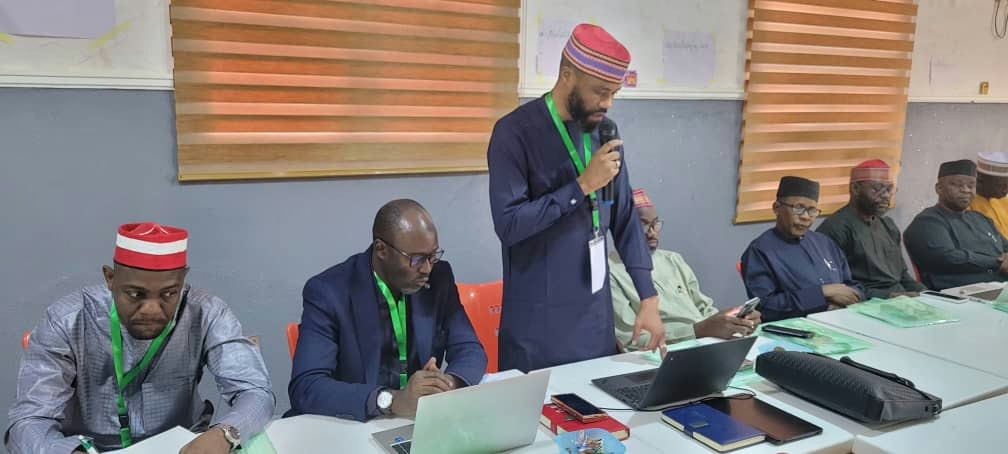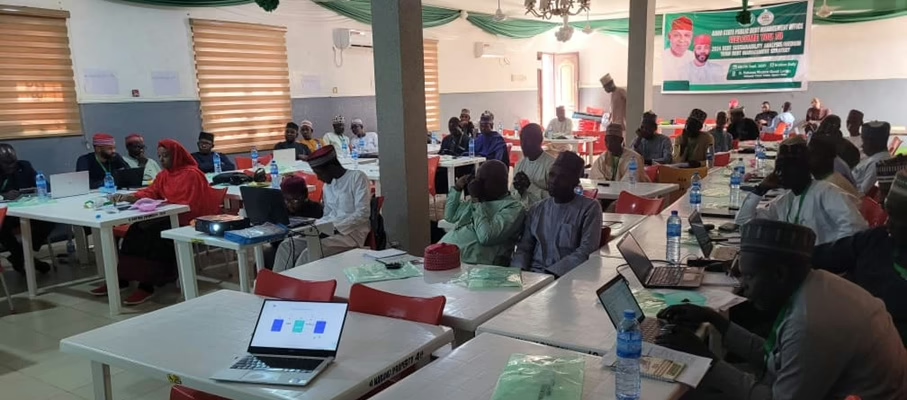Isiyaku Ahmed
Kano State Government has concluded plans to launch a Sukuk bond as part of efforts to expand its funding base, strengthen debt sustainability, and finance critical infrastructure.
The Director-General of the State Debt Management Office, Dr. Hamisu Sadi Ali, disclosed at the opening session of a two-day workshop on the 2025-2028 Debt Sustainability Analysis/Medium-term Debt Management Strategy (MTDS), in Dutse, Jigawa State.
Sukuk, often described as Islamic bonds, are financial instruments structured to comply with Shari’ah principles.
Unlike conventional bonds that rely on interest payments, sukuk grants investors partial ownership in assets or projects financed by the proceeds.
The instrument has gained global recognition in recent years as a credible alternative for ethical and infrastructure financing, with countries like Malaysia, Saudi Arabia, and even Nigeria’s federal government issuing multi-billion-dollar sukuk to fund roads, schools, and health facilities.

Dr. Sadi Ali said the move would position Kano among progressive subnational governments leveraging Islamic finance to fund development.
He emphasized that the sukuk bond would allow the state to diversify funding sources, align with ethical investment principles, and mobilize resources for priority projects such as roads, education, healthcare, and urban renewal.
“This innovative financing instrument will not only diversify our funding sources but also align with ethical investment principles, while channeling resources into priority infrastructure projects that will benefit our citizens,” he stated.
Highlighting the state’s debt profile, Dr. Sadi Ali assured that Kano’s obligations remain well within approved fiscal thresholds.
He stressed that the administration is committed to borrowing responsibly, with clear strategies to reduce macro-financial risks while deepening the domestic capital market.
“Our MTDS is not just about borrowing; it is about managing risks, reinforcing fiscal policy, and creating a strong and sustainable foundation for development,” he said.
The DG explained that the MTDS also aims to encourage the growth of a functioning securities market by strengthening investor confidence and creating new opportunities for private sector participation in state-led development.
According to him, the 2026–2027 MTDS is designed as more than a financial roadmap; it represents a broader vision for fiscal responsibility, sustainable debt management, and economic resilience.

“It reflects our collective resolve to ensure that every borrowing decision is guided by prudence, responsibility, and the ultimate goal of improving the lives of our people,” Dr. Sadi Ali emphasized.
Financial analysts say Kano’s plan to issue a sukuk bond is timely, as the state faces mounting pressure to expand infrastructure and social services in the face of rapid population growth.
The sukuk could also attract investments from both domestic and international investors, particularly those seeking Shari’ah-compliant opportunities.
If successfully launched, Kano would join Lagos and Osun States, which have previously raised funds through sukuk, marking another milestone in the growing adoption of Islamic finance at the subnational level in Nigeria.

